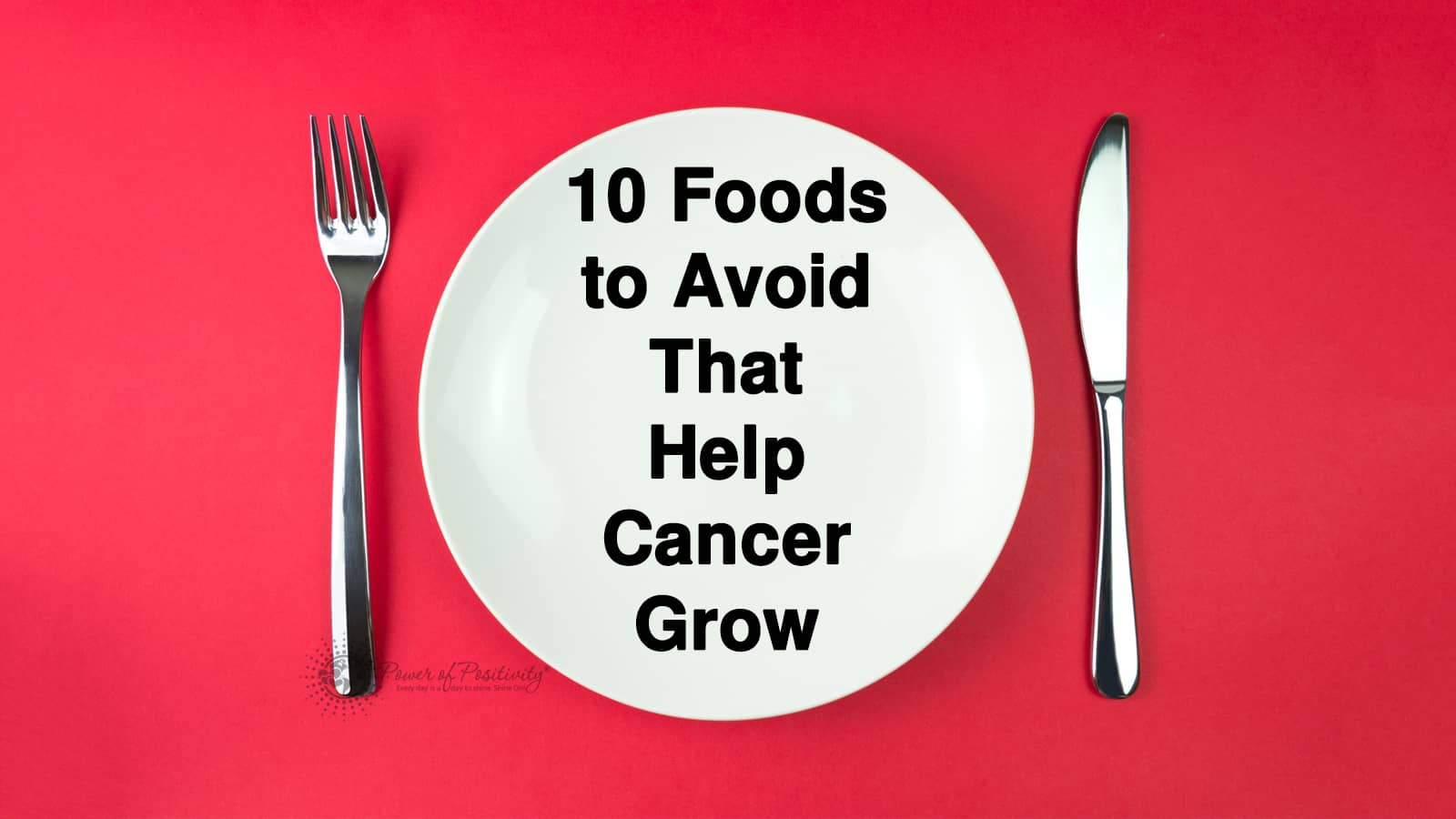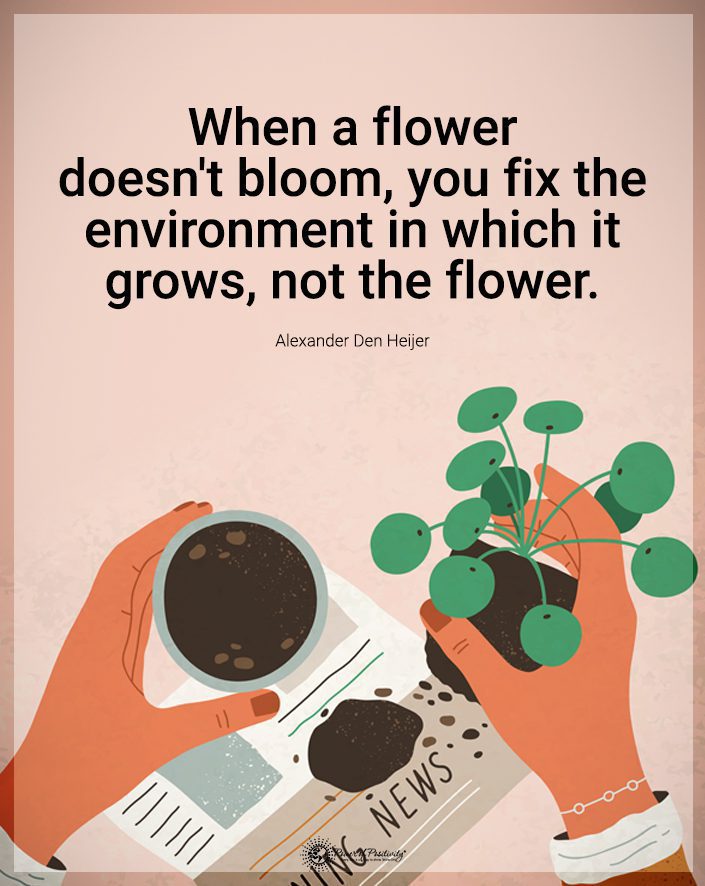When it comes to cancer, an ounce of prevention is worth a pound of cure. Cancer can infect almost any system of the body, from our skin to our bones and everything in between.
Causes of cancer are either biological factors that we can’t control, like our genes, or environmental factors that we can influence, like the amount of solar radiation that we expose ourselves to. One of the ecological risks affects us daily is the food we eat.
We are ingesting harmful chemicals in a society of better living through chemistry. Chemicals in our diet are an environmental exposure that we can eliminate as a risk factor for cancer. Avoid the following ten cancer-causing food additives and treatments to reduce cancer risk.
10 Cancer-Causing Foods You Need To Avoid
1. BPA-lined canned goods
Manufacturers are beginning to switch their cans to non-BPA plastic lined ones following a Harvard study that compared eaters of canned soup to homemade. They found that a couple of hours after eating, the people who had canned soup had BPA levels in their urine twelve times higher than the people who didn’t.
BPA is an endocrine disruptor, and according to the study, it ‘has been linked with cardiovascular disease, diabetes, and obesity in humans.’ In another study, BPA was also linked to breast cancer.
2. Pesticide sprayed produce
According to the EPA, ‘Relatively small amounts of ethylene oxide are used as a sterilant for food (spices).’ The chemical is also used as a spray pesticide for crops. The EPA also says ‘Some human cancer data show an increase in leukemia, stomach cancer, cancer of the pancreas, and Hodgkin’s disease in workers exposed to ethylene oxide.’
In a study of workers exposed to ethylene oxide, researchers found an increased risk of malignancy in individuals with extended and intermittent exposure to low concentrations of ethylene oxide. At the grocery store, look for organic produce and avoid unnecessary exposure to these possible causes of cancer.
3. Preservatives that mimic estrogen
Some food additives, such as propyl gallate and 4-hexylresorcinol are xenoestrogenic substances, affecting estrogen receptors in the body. These hormone disruptors link to a higher risk of breast cancer.
4. Microwaved food
When you buy a microwave dinner, the plastic tray that it comes in can take the heat of your appliance. However, plastic packaging that gets heated can release plastic into the food you consume. Some may contain BPA, which we have already listed as a connection to cancer.
Microwave meals also often contain preservatives and additives to enhance their appearance. Steam your broccoli on the stovetop rather than buying the convenient microwave steam package and avoid the heated plastic.
5. Nitrites in processed meats
The Cancer Treatment Centers of America says ‘During the process of cooking certain meats, sodium nitrites combine with naturally present amines in the meat to form carcinogenic N-nitroso compounds. When ingested, these compounds are associated with cancer.’ Consumption of processed meat increased pancreatic cancer risk in one study, and other research has suggested links between hot dogs and brain cancer.
6. Milk from cows treated with hormones
Cows that receive Recombinant Bovine Growth Hormone (rBGH) to increase milk production pass the growth hormone IGF-1 on to consumers when they drink the milk. According to the American Cancer Society, ‘The evidence for potential harm to humans is inconclusive. It is not clear that drinking milk produced using rBGH significantly increases IGF-1 levels in humans or adds to the risk of developing cancer.’
Consumers now demand organic milk that does not come from cows consuming rBGH. You can find rGBH-free milk by reading labels. When it comes to this avoidable additive to your food supply, it may be best to avoid it.
7. Meat treated with hormones
A World Health Organization report says that following an animal study, ‘the group concluded that there is sufficient evidence for the carcinogenicity of estradiol in experimental animals, noting that: Administration to mice increased the incidences of mammary, pituitary, uterine, cervical, vaginal, testicular, lymphoid and bone tumors.’
8. Irradiated fatty food
An FDA report says that ‘Irradiation of foods is intended to improve the quality, variety, and safety of foods. For example, food products are irradiated to sterilize or disinfect them, improve their sprouting, delay ripening, eliminate food-borne parasites, or enhance their appearance.’
Meat, poultry, and eggs can all be irradiated foods. A study found that irradiated food that contained fat produced a compound that caused DNA damage when applied to both rats and human colon cells. The FDA requires irradiated food to display a “treated with radiation” label. So avoid foods with this on the label.
9. Fast food
Fast food is not good food for us. The cancer risks at chain restaurants include charred meat, high temperatures applied to oils, preservatives, and mass-produced food treated with hormones and pesticides.
Acrylamide is known to cause cancer by damaging DNA. This substance is produced when starchy foods climb to high temperatures. You can find it in foods such as potato chips and French fries.
According to cancer.gov, we can avoid acrylamide in our food by boiling potatoes, reducing cooking time, blanching them before cooking, or drying them in a hot oven after frying.
10. Artificial sweeteners
The low-calorie chemicals that mimic the sweetness of natural sugar have been controversial. Aspartame had mixed results with lab rats but has been deemed safe for human consumption. Say that a small percentage of a tiny animal got cancer when it received a dose of the stuff. Is that something that you need to consume?















 Community
Community

